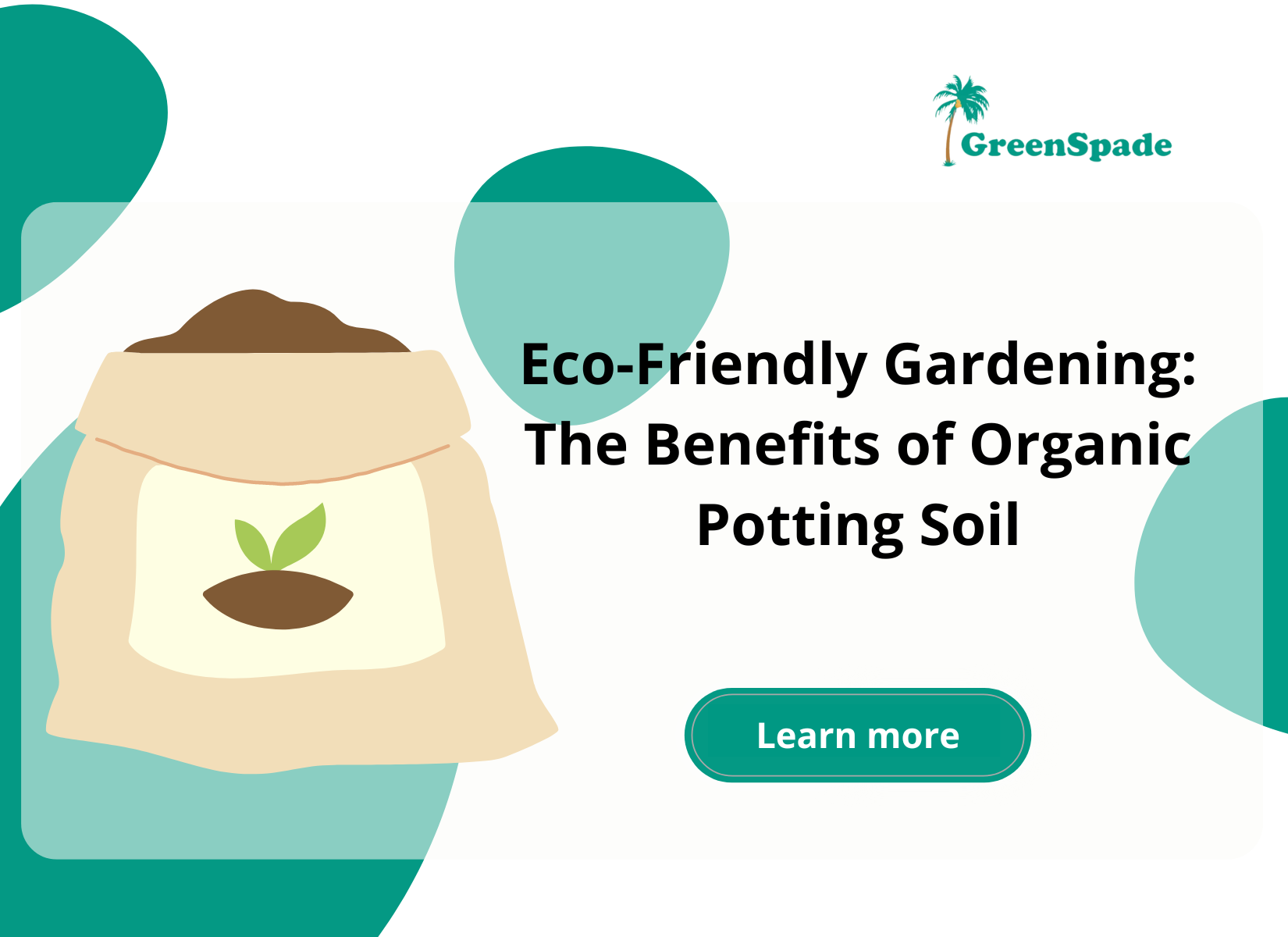
GreenSpade will guide you discover the advantages of using organic potting soil for your gardening needs and how it can benefit the environment.
What is Organic Potting Soil?
Organic potting soil is a blend of natural materials such as rich top soil, compost, and other organic matter. It is free from synthetic fertilizers and pesticides, making it a safer choice for both plants and the environment.
Unlike conventional potting mixes, organic potting soil is made up of natural and organic ingredients. It provides a healthy and nutrient-rich environment for plants to thrive.
The main components of organic potting soil include rich top soil, compost, and other organic matter. These materials provide essential nutrients and promote healthy plant growth.
By using organic potting soil, you can ensure that your plants are not exposed to harmful chemicals found in synthetic fertilizers and pesticides. This makes it a safer option for both indoor and outdoor gardening.
Overall, organic potting soil is a sustainable and eco-friendly option for gardening. It promotes plant health, reduces the use of harmful chemicals, and supports a healthier environment.
In summary, organic potting soil is a blend of natural materials that is free from synthetic fertilizers and pesticides. It provides a healthy and nutrient-rich environment for plants to grow, while also being eco-friendly and safe for the environment.
Benefits of Using Organic Potting Soil
Using organic potting soil offers numerous benefits for both your plants and the environment.
1. Enhanced Plant Health: Organic potting soil is rich in nutrients, providing everything your plants need to grow strong and healthy. The natural ingredients in organic potting soil promote stronger root development, lush foliage, and vibrant blooms.
2. Eco-Friendly: Unlike conventional potting mixes that contain synthetic fertilizers and pesticides, organic potting soil is free from harmful chemicals. This makes it a safer choice for the environment and reduces your carbon footprint.
3. Improved Soil Structure: Organic potting soil contains organic matter that helps with water retention and aeration. This is crucial for root development, as it allows roots to access water and oxygen more efficiently.
4. Sustainable Gardening: By using organic potting soil, you are supporting sustainable gardening practices. Organic gardening helps maintain soil fertility, promotes biodiversity, and reduces the use of synthetic chemicals that can harm beneficial insects and pollinators.
Overall, using organic potting soil is beneficial for your plants and the environment. It provides essential nutrients, improves soil structure, and promotes sustainable gardening practices.
Enhanced Plant Health
One of the key benefits of using organic potting soil is enhanced plant health.
1. Nutrient-Rich: Organic potting soil is rich in essential nutrients that plants need for healthy growth. The natural ingredients in organic potting soil provide a balanced mix of nutrients, including nitrogen, phosphorus, and potassium.
2. Stronger Root Development: The organic matter in organic potting soil helps improve soil structure, allowing roots to penetrate easily and absorb water and nutrients more effectively. This promotes stronger and healthier root development.
3. Disease Resistance: Organic potting soil contains beneficial microbes and organisms that help suppress plant diseases. These beneficial organisms create a healthy soil ecosystem that supports plant growth and helps protect plants from harmful pathogens.
4. Reduced Stress: Plants grown in organic potting soil are less likely to experience stress-related issues. The balanced nutrients and improved soil structure provided by organic potting soil help plants better withstand environmental stressors, such as temperature fluctuations and drought.
In summary, using organic potting soil promotes enhanced plant health by providing essential nutrients, supporting strong root development, improving disease resistance, and reducing stress on plants.
Eco-Friendly Option
Organic potting soil is an eco-friendly option for gardening.
1. Chemical-Free: Unlike conventional potting mixes that contain synthetic fertilizers and pesticides, organic potting soil is free from harmful chemicals. This makes it a safer choice for both plants and the environment.
2. Reduced Environmental Impact: By using organic potting soil, you are reducing your carbon footprint and minimizing the release of harmful chemicals into the environment. Organic gardening practices promote soil health, biodiversity, and water conservation.
3. Sustainable Agriculture: Organic potting soil supports sustainable agriculture by promoting natural soil fertility and reducing the use of synthetic fertilizers and pesticides. This helps protect beneficial insects, pollinators, and other wildlife.
4. Healthier Food: When you use organic potting soil for growing vegetables and herbs, you are ensuring that your food is free from harmful residues. Organic gardening promotes the production of healthier and safer food.
Overall, choosing organic potting soil is a conscious decision towards a more eco-friendly and sustainable gardening approach. It helps protect the environment, supports biodiversity, and promotes healthier food production.
Choosing the Right Organic Potting Soil
When selecting organic potting soil, it's important to consider the specific needs of your plants and the characteristics of the soil.
1. Drainage and Moisture Retention: Look for organic potting soil that provides a balance of materials for both drainage and moisture retention. Different plants have different moisture requirements, so choose a mix that suits your plant's needs.
2. pH Levels: Consider the pH requirements of your plants. Some plants prefer more acidic soil, while others thrive in alkaline conditions. Choose organic potting soil that matches the pH requirements of your plants.
3. Organic Certification: If you want to ensure that the organic potting soil you're using is truly organic, look for products that are certified organic by reputable organizations. This will give you peace of mind that the soil has been produced without the use of synthetic chemicals.
4. Quality Ingredients: Check the ingredients list of the organic potting soil to ensure that it contains high-quality organic materials. Look for ingredients such as rich top soil, compost, and other organic matter.
By considering these factors, you can choose the right organic potting soil that meets the specific needs of your plants and promotes their overall health and growth.




Leave Your Comment Here